Eritrea
The United Nations said Monday that the human rights situation in Eritrea remains "dire" and shows "no sign of improvement", citing cases of torture and enforced disappearances committed with "total impunity".
Eritrea, one of the world's most closed and authoritarian countries, has been ruled with an iron fist since its independence from Ethiopia in 1993 by President Issaias Afeworki.
"The human rights situation in Eritrea remains dire and shows no sign of improving. It continues to be characterised by serious human rights violations," according to a report presented on Monday by the UN Human Rights Council's Deputy High Commissioner, Nada Al-Nashif.
The UN also continues to receive "credible reports" of "torture", "inhumane detention conditions" and "enforced disappearances".
"It is alarming that all these human rights violations are committed with total impunity," the report continues, also pointing to the "lack of cooperation" of the authorities in Asmara.
The Horn of Africa country has an open-ended universal conscription policy, which intensified "following the conflict in Tigray" in northern Ethiopia.
Eritrean troops have been supporting Ethiopian government forces in their November 2020 offensive against the rebel authorities in the Tigray region of northern Ethiopia, which are part of the Tigray People's Liberation Front (TPLF), a sworn enemy of the regime in Asmara.
The United States and human rights organisations have accused them of committing atrocities during the conflict, including the massacre of hundreds of civilians, notably in the town of Aksum and the village of Dengolat.
The precise toll of the conflict, which was largely fought behind closed doors, is unknown. The African Union's envoy for the Horn of Africa, Olusegun Obasanjo, said in mid-January that up to 600,000 people had been killed.
In a rare press conference in Nairobi with his Kenyan counterpart William Ruto, Issaias Afeworki dismissed accusations of human rights abuses by his army in Tigray as a "pipe dream" and "disinformation".
A peace agreement signed in November provides for the withdrawal of Eritrean troops, but this "remains very slow and largely incomplete", the report said on Monday.



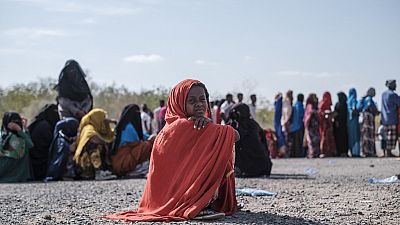

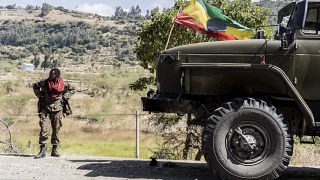
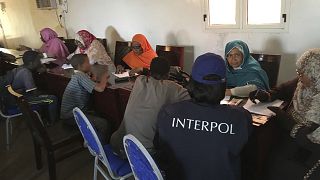
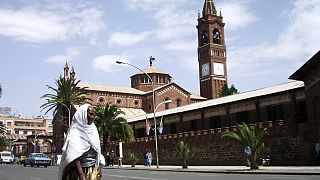
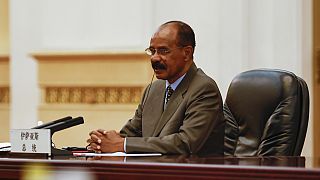
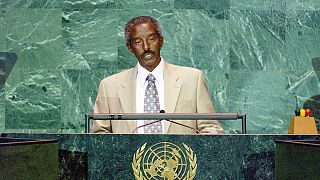
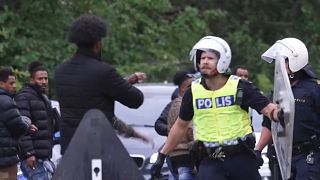



Go to video
Kenya cancels airport and energy deals with Adani group after the U.S. indicts the tycoon
Go to video
Fugitive Zambian MP Emmanuel Jay Banda arrested in Zimbabwe after three-month Manhunt
Go to video
Spain to offer residency and work permits to undocumented migrants
Go to video
Archbishop of Canterbury will end official duties in early January amid sex abuse scandal
Go to video
Congo opposition leaders call for protests against president's plan to change constitution
Go to video
At least 7 members of Nigerian security force missing after insurgents ambush convoy